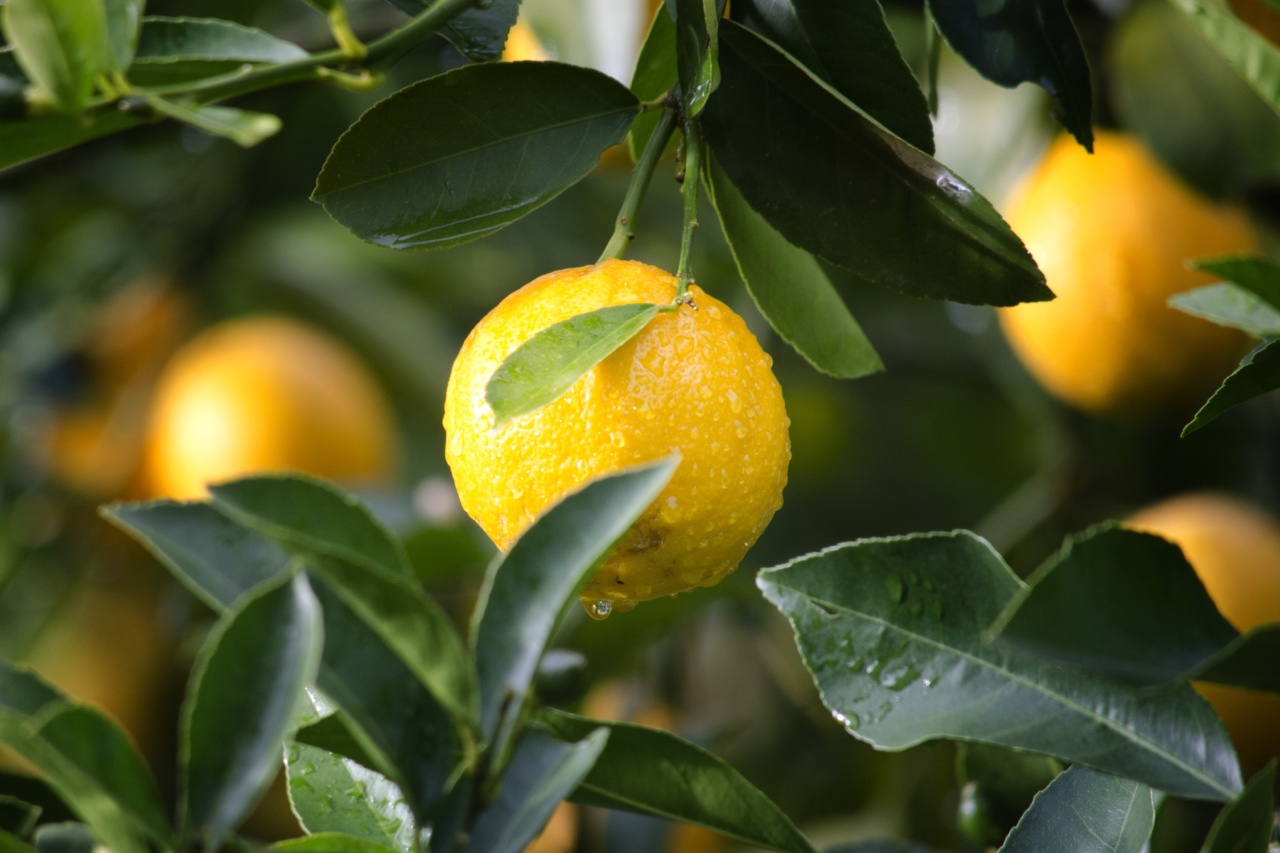Summer is a season of juicy, delicious fruits that offer a range of health benefits. One of the most notable benefits of summer fruits is their ability to lower blood pressure.
High blood pressure, or hypertension, is a risk factor for heart disease, stroke, and other serious health problems. Including the right fruits in your diet can help keep your blood pressure in a healthy range.
What is Blood Pressure?
Blood pressure is the force of blood pushing against the walls of your arteries as your heart pumps blood throughout your body. When your blood pressure is too high, it can damage your arteries over time, leading to serious health problems.
Blood pressure is measured using two numbers: the systolic pressure (the top number), which measures the pressure when your heart beats, and the diastolic pressure (the bottom number), which measures the pressure when your heart is at rest between beats.
The Link Between Diet and Blood Pressure
One important way to control your blood pressure is through your diet. Certain foods and nutrients can help lower blood pressure, while others can raise it.
In general, a diet rich in fruits, vegetables, whole grains, lean protein, and low-fat dairy can help keep blood pressure in a healthy range.
The Benefits of Summer Fruits for Blood Pressure
Many summer fruits are particularly beneficial for blood pressure. These fruits are high in potassium, which is an essential mineral that helps regulate blood pressure. Potassium works by counteracting the effects of sodium in the body.
When sodium levels are too high, it can increase blood pressure. Potassium helps balance out sodium levels, which can help lower blood pressure.
10 Summer Fruits that Lower Blood Pressure
Here are 10 juicy summer fruits that can help keep your blood pressure in a healthy range:.
1. Watermelon
Watermelon is a delicious and refreshing summer fruit that is also great for your blood pressure. One cup of diced watermelon contains 170 mg of potassium.
This sweet, juicy fruit is also rich in lycopene, a powerful antioxidant that may help lower blood pressure, as well as improve cardiovascular health.
2. Cantaloupe
Cantaloupe is another tasty summer fruit that is high in potassium. One cup of diced cantaloupe contains 417 mg of potassium, which is more than 10% of your daily recommended intake.
Cantaloupe is also a good source of vitamin C, which is another nutrient that may help lower blood pressure.
3. Strawberries
Strawberries are a sweet and delicious summer fruit that are packed with nutrients. One cup of sliced strawberries contains 134 mg of potassium, as well as plenty of vitamin C, fiber, and antioxidants.
Strawberries may also help improve heart health and lower the risk of heart disease.
4. Mango
Mango is a tropical fruit that is full of flavor and nutrition. One cup of diced mango contains 257 mg of potassium, as well as plenty of vitamin C, vitamin A, and folate.
Mangoes are also high in antioxidants, which can help reduce inflammation and improve heart health.
5. Apricots
Apricots are a sweet and tangy summer fruit that are rich in potassium, fiber, and antioxidants. One apricot contains about 90 mg of potassium, so eating a few can help boost your intake.
Apricots are also a good source of vitamin A, which is important for eye health.
6. Peaches
Peaches are a delicious summer fruit that are high in potassium and other nutrients. One medium peach contains about 260 mg of potassium, as well as vitamins A and C, fiber, and antioxidants.
Peaches may also help improve digestion and prevent certain cancers.
7. Pineapple
Pineapple is a tropical fruit that is high in potassium, as well as other nutrients like vitamin C, manganese, and bromelain (an enzyme that has anti-inflammatory properties). One cup of diced pineapple contains about 180 mg of potassium.
Pineapple may also help improve digestion and reduce inflammation.
8. Plums
Plums are a juicy and flavorful summer fruit that are high in potassium, fiber, and antioxidants. One plum contains about 100 mg of potassium, as well as vitamin C, vitamin K, and fiber. Plums may also help improve digestion and reduce inflammation.
9. Cherries
Cherries are a sweet and tangy summer fruit that are rich in nutrients. One cup of cherries contains about 300 mg of potassium, as well as antioxidants and anti-inflammatory compounds.
Cherries may also help improve sleep and reduce the risk of certain diseases.
10. Apples
Apples may not be a traditional summer fruit, but they are still a great option for lowering blood pressure. One medium apple contains about 195 mg of potassium, as well as plenty of fiber, flavonoids, and antioxidants.
Apples may also help improve brain function and reduce the risk of certain cancers.
How to Incorporate Summer Fruits into Your Diet
There are plenty of ways to enjoy summer fruits and reap their health benefits. Here are a few ideas:.
- Eat them raw as a snack or dessert
- Add them to smoothies or yogurt bowls
- Chop them up and add them to salads
- Grill them and serve them as a side dish or topping for meat or fish
- Bake them into pies, crumbles, or muffins
Final Thoughts
Including the right summer fruits in your diet is a delicious and easy way to help keep your blood pressure in a healthy range.
By eating a variety of fruits that are high in potassium, fiber, and antioxidants, you can support your overall health and reduce your risk of heart disease and other health problems.






























